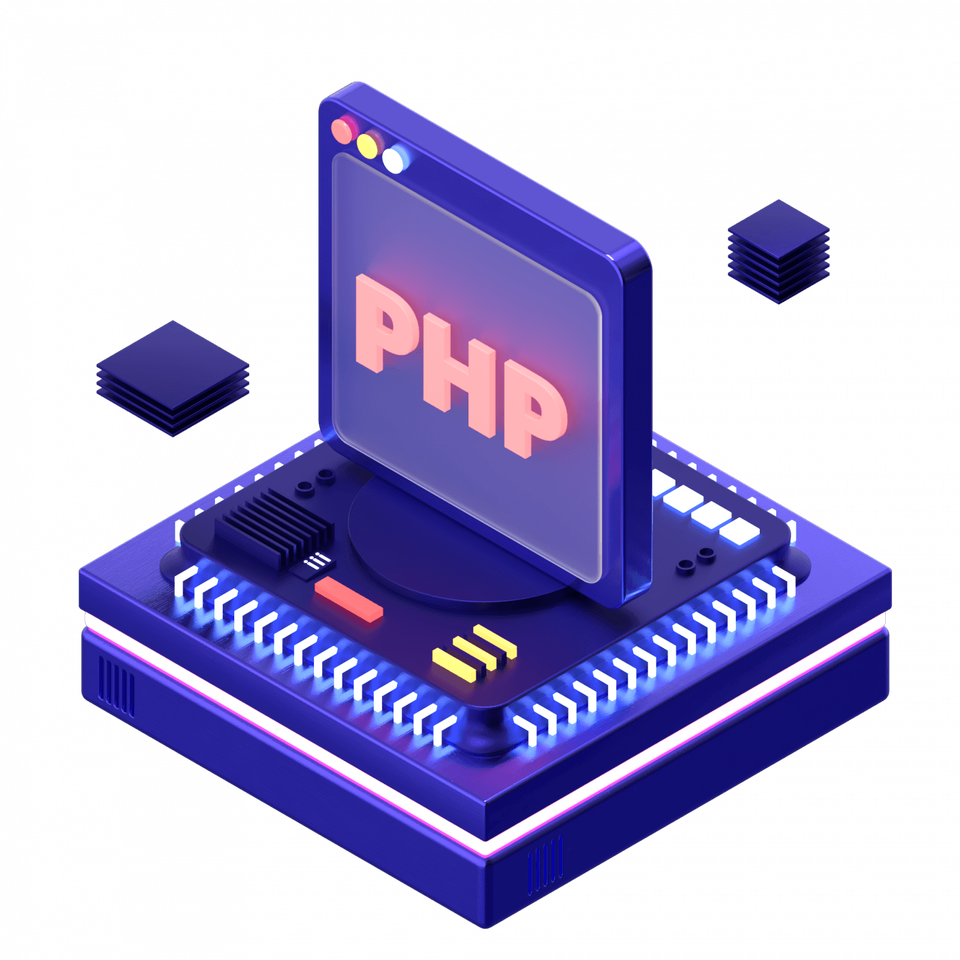Welcome to the world of web development, where PHP shines as a powerful tool in creating dynamic websites and applications. As business developers, it’s crucial to understand the ins and outs of PHP security to safeguard your digital assets. In this blog post, we will debunk common myths surrounding PHP security, providing you with valuable insights and best practices to ensure a secure online presence for your business. Let’s dive in and separate fact from fiction when it comes to PHP security!
Common Security Myths Associated with PHP
When it comes to PHP, there are several common security myths that tend to circulate among business developers. One prevalent myth is that PHP is inherently insecure. While it’s true that PHP has had its share of vulnerabilities in the past, modern versions have significantly improved security features and updates.
Another misconception is that using PHP makes your website more susceptible to hacks and breaches. In reality, the security of a website built with PHP depends on how well the code is written and maintained, rather than the language itself.
Some people believe that open-source software like PHP is less secure because anyone can access and modify the code. However, having a large community of developers actively working on improving security measures actually enhances PHP’s overall safety.
It’s important for business developers to understand these myths and not let them overshadow the many benefits of using PHP for web development projects. By staying informed about best practices and implementing strong security measures, businesses can confidently utilize PHP as a reliable tool for creating secure websites.
Debunking the Myths with Facts and Statistics
Debunking myths surrounding PHP security is crucial for business developers to understand the reality behind common misconceptions. By examining facts and statistics, we can shed light on the truth and dispel any unfounded beliefs.
One prevalent myth is that PHP is inherently insecure due to its open-source nature. However, studies have shown that vulnerabilities in PHP applications are often a result of poor coding practices rather than inherent flaws in the language itself.
Another misconception is that using frameworks like Laravel or Symfony automatically guarantees security. While these frameworks offer built-in security features, developers must still adhere to best practices and regularly update their code to stay protected against emerging threats.
The idea that PHP is outdated and no longer relevant in modern web development overlooks its continual evolution and strong community support. In fact, PHP remains one of the most widely used languages for web development globally.
By debunking these myths with concrete evidence and data-driven insights, we empower business developers to make informed decisions about PHP security protocols moving forward.
Best Practices for Ensuring PHP Security
As a business developer working with PHP, ensuring the security of your code is crucial. One of the best practices for enhancing PHP security is to regularly update your PHP version and keep up with the latest patches and releases. This helps in safeguarding your application against known vulnerabilities.
Implementing secure coding practices such as input validation, output sanitization, and parameterized queries can significantly reduce the risk of common security threats like SQL injection attacks. Additionally, using prepared statements instead of concatenating user inputs directly into SQL queries can prevent potential exploits.
Another essential practice is to limit file permissions on your server to restrict access only to necessary files and directories. Regularly monitoring logs for any suspicious activities can also help in detecting unauthorized access or malicious behavior early on.
Leveraging encryption techniques like SSL/TLS for data transmission and storing sensitive information securely hashed can add an extra layer of protection to your PHP applications. By incorporating these best practices into your development process, you can enhance the overall security posture of your PHP projects.
The Future of PHP Security for Business Developers
As business developers continue to rely on PHP for web development, it is crucial to understand the common security myths associated with this programming language. By debunking these myths with facts and statistics, developers can implement best practices to ensure robust PHP security.
Looking ahead, the future of PHP security for business developers lies in staying updated on the latest security trends, regularly patching vulnerabilities, implementing secure coding practices, and conducting thorough testing. With a proactive approach and a commitment to maintaining strong security measures, businesses can confidently harness the power of PHP for their web applications while safeguarding against potential threats.
In a rapidly evolving digital landscape where cybersecurity threats are constantly evolving, prioritizing PHP security is essential for protecting sensitive data and maintaining user trust. By dispelling misconceptions surrounding PHP security and adopting effective strategies to enhance protection, business developers can build secure and reliable web applications that meet the highest standards of safety in today’s interconnected world.


Leave A Comment Cancel reply